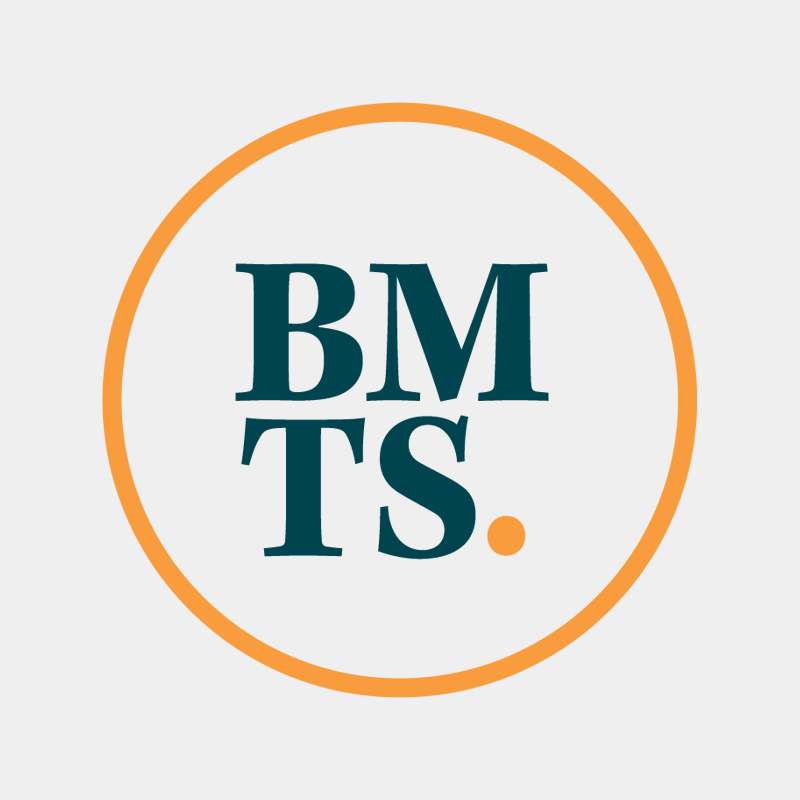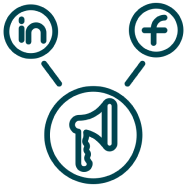The Timberwolves stayed put at No. 13 in the NBA Draft Lottery last night, but the bigger news from the night was Boston getting the sixth pick and the Lakers receiving the seventh pick.
Both teams are considered major players in the Kevin Love sweepstakes, and after last night, it certainly looks like the Celtics are now in a better position than L.A. to land the Wolves’ best player.
The Boston Globe is all over the lack of lottery luck the Celtics had, but the newspaper has multiple articles about the next steps the Celtics need to take to acquire Love from the Wolves.
One writer says anything less will be a disappointment.
Another writer thinks that even with two first-round picks – No. 6 and No. 17 – the Celtics will have to “sweeten the pot” to get Love.
Sweetening the pot could mean packaging both first-round picks and more. Columnist Chad Finn explains:
As frustrating as it is to end up with the sixth pick, it’s hardly a lost cause. It’s still worth pursuing a Kevin Love blockbuster, though the Celtics are now going to have to give up assets (some of the Nets/Clippers picks, perhaps Jared Sullinger and Kelly Olynyk) that they might have retained had they had better luck in the lottery.
This morning in the L.A. Times, the belief is that the Lakers would have needed to jump into the top three of the draft to trade for Love.
How about Love to the Knicks? No chance, according to CBS New York.
Love to the Knicks in a trade is not realistic. It is not going to happen, no matter how much (Phil) Jackson might try. Unless he actually has Zen powers of hypnotism, it is not going to work.
At the end of the day, Bleacher Report says, the competition for Love is thinner than ever, and the two teams with the best chance to land Love are Houston and Golden State.
Per the speculative report, the Warriors could offer a combination of David Lee along with Harrison Barnes, Draymond Green or Klay Thompson. Houston could part ways with Chandler Parsons, Omer Asik and other assets.
Still, the Wolves will have to open the door to a trade. As of now, that isn’t the case, at least publicly.




